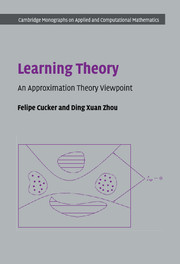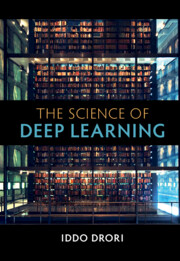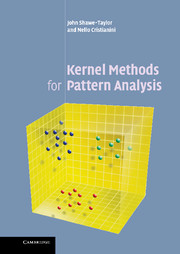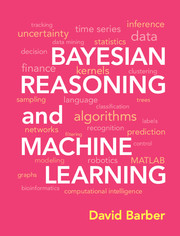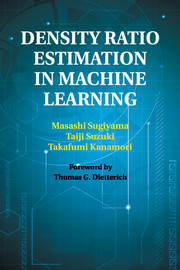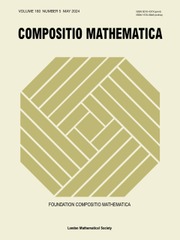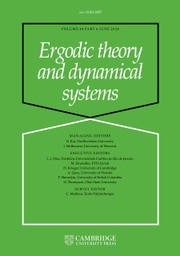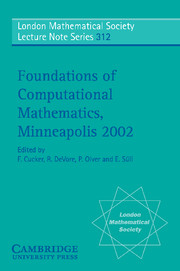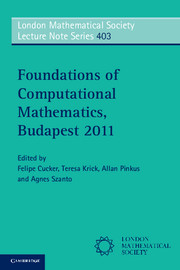Learning Theory
The goal of learning theory is to approximate a function from sample values. To attain this goal learning theory draws on a variety of diverse subjects, specifically statistics, approximation theory, and algorithmics. Ideas from all these areas blended to form a subject whose many successful applications have triggered a rapid growth during the last two decades. This is the first book to give a general overview of the theoretical foundations of the subject emphasizing the approximation theory, while still giving a balanced overview. It is based on courses taught by the authors, and is reasonably self-contained so will appeal to a broad spectrum of researchers in learning theory and adjacent fields. It will also serve as an introduction for graduate students and others entering the field, who wish to see how the problems raised in learning theory relate to other disciplines.
- Balanced view, with rigorous approach to issues of practical importance
- First book to adopt the approximation theory viewpoint
- Will appeal to mathematicians as well as statisticians and computer scientists
Reviews & endorsements
'The book is well suited for its target audience, which includes researchers and graduate students. They will, no doubt, be reassured to find that each chapter closes with a collection of references and additional remarks, which place the preceding information in a wider context. … Overall, this text is another excellent addition to the Applied and Computational Mathematics series published by Cambridge University Press. It complements other titles in the series without duplicating material and should be of value to anyone interested in learning theory or a neighbouring field.' Mathematics Today
'… the book under review focuses on the mathematical foundations of learning theory. It is an excellent monograph on the subject. A major novelty is the focus on the point of view of approximation. This distinguishes the book from the majority of previous works on learning theory, which share a prevalent statistics/computer science flavor. However, this doesn't mean at all that the monograph is written only for 'approximation people'. On the contrary, it nicely provides a general overview of the theoretical foundations of the subject also to a broad spectrum of researchers in learning and related fields.' Mathematical Reviews
Product details
March 2007Hardback
9780521865593
238 pages
231 × 160 × 17 mm
0.36kg
20 b/w illus.
Available
Table of Contents
- Preface
- Foreword
- 1. The framework of learning
- 2. Basic hypothesis spaces
- 3. Estimating the sample error
- 4. Polynomial decay approximation error
- 5. Estimating covering numbers
- 6. Logarithmic decay approximation error
- 7. On the bias-variance problem
- 8. Regularization
- 9. Support vector machines for classification
- 10. General regularized classifiers
- Bibliography
- Index.

